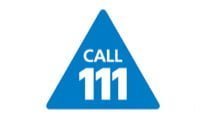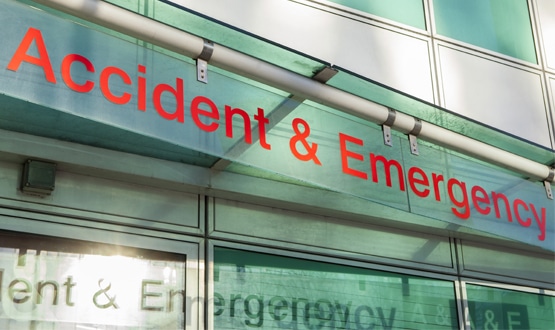Unions join BMA in call for pause on 111
- 2 April 2012

The Royal College of Nursing and Unison have added their voices to calls for a pause in the roll-out of NHS 111.
Figures released by the Department of Health on Friday show that less than a quarter of callers (21%) speak to a clinically qualified health professional when they call the non-urgent care service.
The two unions say they are“extremely concerned” about the loss of clinical expertise from the existing telephone advice service, NHS Direct.
They also warn that this could lead to more unnecessary trips to A&E and GP care, "costing more in the long-run."
The NHS 111 minimum data set to January 2012 reveals an average of 237 calls to the non-urgent care line per year per 1,000 people.
Of those, 9% resulted in an ambulance being dispatched, 5% were recommended to go to A&E and 44% recommended to attend primary or community care services.
Six percent were recommended home care or non-clinical care respectively. The annual percentage change from calls to NHS Direct to the new service was 33% across all sites.
Dr Peter Carter, chief executive of the RCN said: “We are extremely concerned that the loss of clinical expertise [from NHS Direct], which allows people to self-care at home, will result in thousands of people taking unnecessary and expensive trips to hospital in ambulances and attending their GP practices.
“This is just passing anxious patients from pillar to post and will cost the NHS more money in the long term.
“We are also aware of hundreds of nurses who are facing the threat of dismissal by NHS Direct as a result of being asked to undertake unworkable shift patterns as they prepare to bid for 111 services.”
Health secretary Andrew Lansley told reporters that NHS 111 would replace NHS Direct during a visit to County Durham and Darlington, where the new service was developed, in August 2010.
The Department of Health went on to look for pilot sites, three of which are due to be evaluated by Sheffield University.
However, the DH wants NHS 111 rolled out across England by 2013, which is driving local procurements.
The British Medical Association has already called for this target to be relaxed, so lessons can be learned from the pilots and to give local commissioners more say in the shape of the new service.
Dr Carter said the services provided by NHS Direct and NHS 111 were significantly different.
“NHS Direct is a clinically led service allowing self-help for patients. NHS 111 will just direct patients to their GPs, A&E or send an ambulance for them,” he said.
“We call on the government to pause this process, evaluate the evidence, and reconsider this move.”
Michael Walker, Unison national officer for NHS Direct, echoed his concerns, saying: "The pace and speed of the roll-out ignores advice from unions and professionals that this is damaging to patient care.
"The new service commissioned locally also fails to include emergency dental advice, emergency contraceptive advice and mental health advice."
Unison is also concerned that the new service may not be able to match NHS Direct in dealing with national emergencies, such as a flu pandemic or terrorist attack on the scale of the London bombings.
Dr Laurence Buckman, chairman of the BMA’s General Practitioners Committeee, wrote to the health secretary in mid-February outlining a number of “serious misgivings” about the project.
The BMA told eHealth Insider there had been no official response to the letter and it understands Andrew Lansley and his team are considering the information sent to them.
Last month, GPs in Scotland passed a motion at the annual Scottish Local Medical Committee’s conference about the Scottish equivalent non-urgent care number NHS 24.
The motion said the GPs “insist” that all of clinical staff working for the health helpline be “qualified and skilled enough to triage patients accurately and safely."




